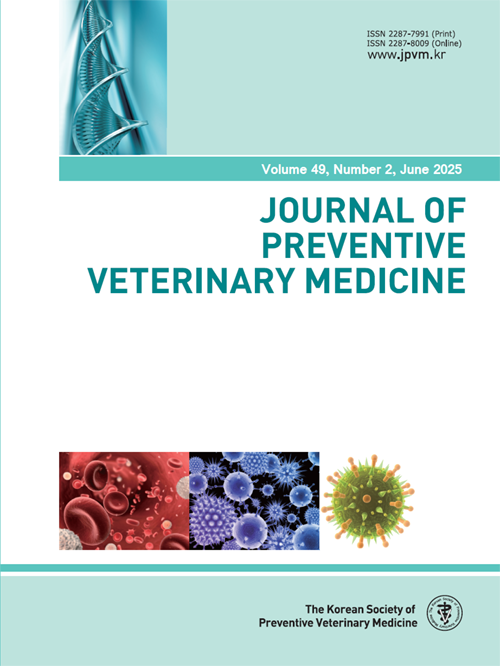Amitriptyline hydrochloride (AMT), a tricyclic antidepressant, is known to exhibit antimicrobial effects against a wide range of bacterial species. This study aims to evaluate the effect of AMT on Brucella (B.) abortus infection in RAW 264.7 cells and ICR mice, which has not yet been clearly characterized. The results showed that all tested concentrations of AMT had no direct bactericidal effect on B. abortus survival at any incubation time point. Interestingly, RAW 264.7 cells pre-treated with a non-toxic high concentration of AMT before B. abortus infection showed a significant reduction in the phagocytosis of B. abortus at 20 min post-infection, compared to untreated cells. However, AMT treatment did not affect the intracellular replication of B. abortus compared to the control cells. Based on the reduced bacterial uptake observed in-vitro, an in-vivo experiment was conducted to assess whether daily oral administration of AMT at a dose of 20 mg/kg could inhibit B. abortus growth in ICR mice. The results showed that AMT treatment slightly increased both organ weights and bacterial loads, suggesting possible systemic effects of prolonged AMT exposure. In summary, these preliminary results provide initial insight into the potential effects of AMT on B. abortus infection both in-vitro and in-vivo. Therefore, further study should focus on dose optimization in-vivo and exploration of the underlying cellular mechanisms involved in AMT-mediated inhibition of phagocytosis during Brucella infection.



